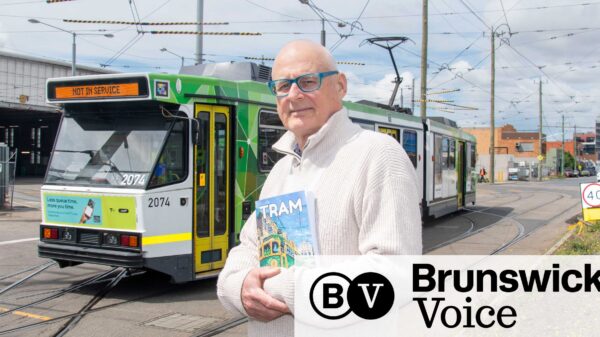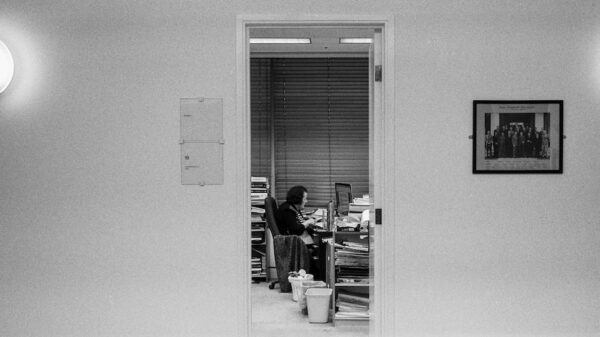In Ghana, a vibrant tradition has emerged that transforms the way people celebrate life through death. Known as fantasy coffins, these artistic creations are designed to reflect the personalities and passions of the deceased. This cultural practice not only honors individual legacies but also showcases the skill of local artisans, particularly in areas like Aburi.
The phenomenon of fantasy coffins has gained international recognition, with their colorful designs ranging from vehicles to animals, and even everyday objects. The coffins serve as a powerful statement of identity, allowing families to express their loved ones’ passions in a visually striking way. For instance, one coffin might resemble a fish to honor a fisherman, while another could take the shape of a book for a devoted reader.
Artisans Leading the Craft
Among the prominent figures in this industry is Paa Joe, a master carpenter renowned for his intricate designs. His workshop in Aburi has become a pilgrimage site for those interested in these unique coffins. Paa Joe began creating these works of art over 30 years ago, and his craftsmanship has kept the tradition alive. His coffins can cost anywhere from $1,500 to $3,000, depending on the complexity of the design.
Paa Joe has attracted attention from around the world, with tourists and art enthusiasts visiting his workshop. “I want people to understand that these coffins are not just for burial; they are a celebration of life,” he said. His creations have even been featured in exhibitions outside Ghana, showcasing the rich cultural heritage of the country.
Cultural Significance and Global Appeal
The rise of fantasy coffins is more than an artistic trend; it reflects a deeper cultural significance within Ghanaian society. Traditional funeral customs often include elaborate ceremonies, and the inclusion of such coffins adds a personal touch that resonates with many families. This practice underscores the belief that death is not an end but a transition, and that celebrations should honor the deceased’s journey.
As awareness of Ghana’s fantasy coffins spreads, the market for these unique products continues to grow. Artisans are now exploring collaborations with international designers to bring their work to a broader audience. This not only boosts local economies but also fosters an appreciation for Ghanaian culture globally.
While fantasy coffins may be a niche market, they represent a larger trend in how societies view death and remembrance. In a world where traditional burial practices are often uniform, Ghana’s approach stands out for its creativity and emotional resonance. The coffins remind us that life is to be celebrated, even in death.
As the industry evolves, it will be essential for artisans to maintain the delicate balance between innovation and tradition. The future of fantasy coffins in Ghana looks promising, with continued interest from both locals and visitors. Through these vibrant creations, the legacy of the deceased lives on, enriching the cultural tapestry of Ghana and beyond.



































































